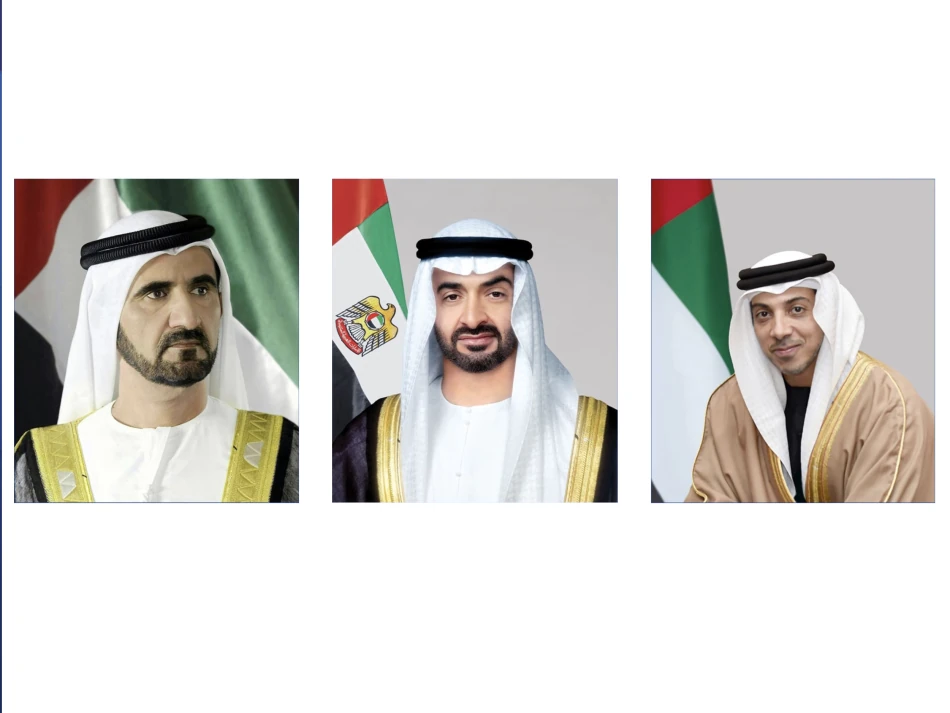
UAE Leaders Congratulate French President on National Day
Saudi Arabia's Crypto Ambitions Signal Regional Digital Asset Leadership Race
Saudi Arabia is positioning itself as a major player in the global cryptocurrency landscape, leveraging its vast financial resources and strategic Vision 2030 initiative to attract digital asset businesses and establish regulatory frameworks that could reshape the Middle East's crypto ecosystem. This move represents a calculated effort to diversify the kingdom's economy beyond oil while competing with regional rivals like the UAE for fintech dominance.
The Kingdom's Digital Transformation Strategy
The Saudi government's approach to cryptocurrency regulation reflects a broader economic transformation under Crown Prince Mohammed bin Salman's Vision 2030 program. Unlike the restrictive stances taken by countries such as China or India, Saudi Arabia is crafting a regulatory environment designed to attract international crypto businesses while maintaining oversight and consumer protection.
The kingdom's financial authorities have been working closely with global cryptocurrency exchanges and blockchain companies to establish clear operational guidelines. This regulatory clarity stands in stark contrast to the uncertain legal landscape that has plagued crypto businesses in other major markets, including the United States and European Union.
Regional Competition Intensifies
UAE's Early Advantage
Saudi Arabia's crypto push comes as neighboring UAE has already established itself as a regional cryptocurrency hub. Dubai and Abu Dhabi have attracted major exchanges like Binance and FTX through favorable regulations and tax incentives. The competition between these Gulf states mirrors similar rivalries in Asia, where Singapore and Hong Kong have competed for crypto business supremacy.
Market Implications for Investors
For cryptocurrency investors and traders, Saudi Arabia's entry into the digital asset space could provide several advantages. The kingdom's substantial sovereign wealth fund, estimated at over $600 billion, could potentially support crypto infrastructure development and provide market stability during volatile periods.
Additionally, Saudi Arabia's strategic location between Europe, Asia, and Africa positions it as an ideal hub for crypto trading operations spanning multiple time zones. This geographic advantage, combined with the kingdom's advanced telecommunications infrastructure, could attract institutional investors seeking reliable access to Middle Eastern markets.
Economic Diversification Through Digital Assets
The kingdom's cryptocurrency initiatives align with its broader economic diversification goals. By embracing digital assets, Saudi Arabia is creating new revenue streams that don't rely on oil exports. This strategy becomes increasingly important as global energy markets shift toward renewable sources and oil demand faces long-term uncertainty.
The timing of Saudi Arabia's crypto embrace is particularly significant given the current market cycle. Unlike previous crypto booms that were driven primarily by retail speculation, the current institutional adoption wave provides a more stable foundation for long-term regulatory frameworks.
Challenges and Opportunities Ahead
Despite the promising developments, Saudi Arabia faces several challenges in establishing itself as a crypto leader. The kingdom must balance its traditional financial system with innovative digital asset technologies while ensuring compliance with international anti-money laundering standards.
However, the potential rewards are substantial. Success in attracting crypto businesses could generate significant employment opportunities for Saudi nationals, particularly in technology and financial services sectors. This aligns with the kingdom's goal of reducing unemployment and creating a knowledge-based economy.
The global cryptocurrency market, valued at over $1 trillion, represents a massive opportunity for countries that can successfully navigate the regulatory and technological challenges. Saudi Arabia's combination of financial resources, strategic location, and government commitment positions it well to capture a significant share of this growing market.
Most Viewed News

 Sara Khaled
Sara Khaled






